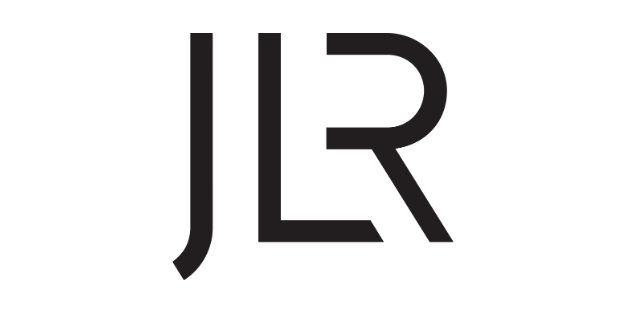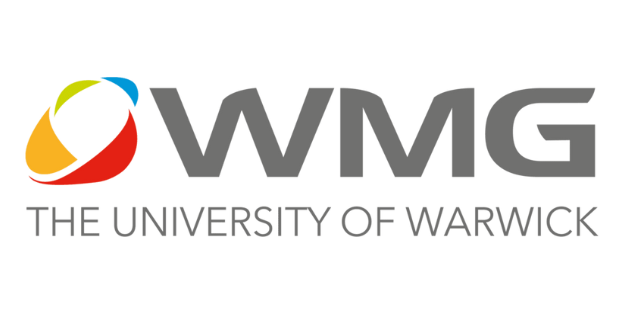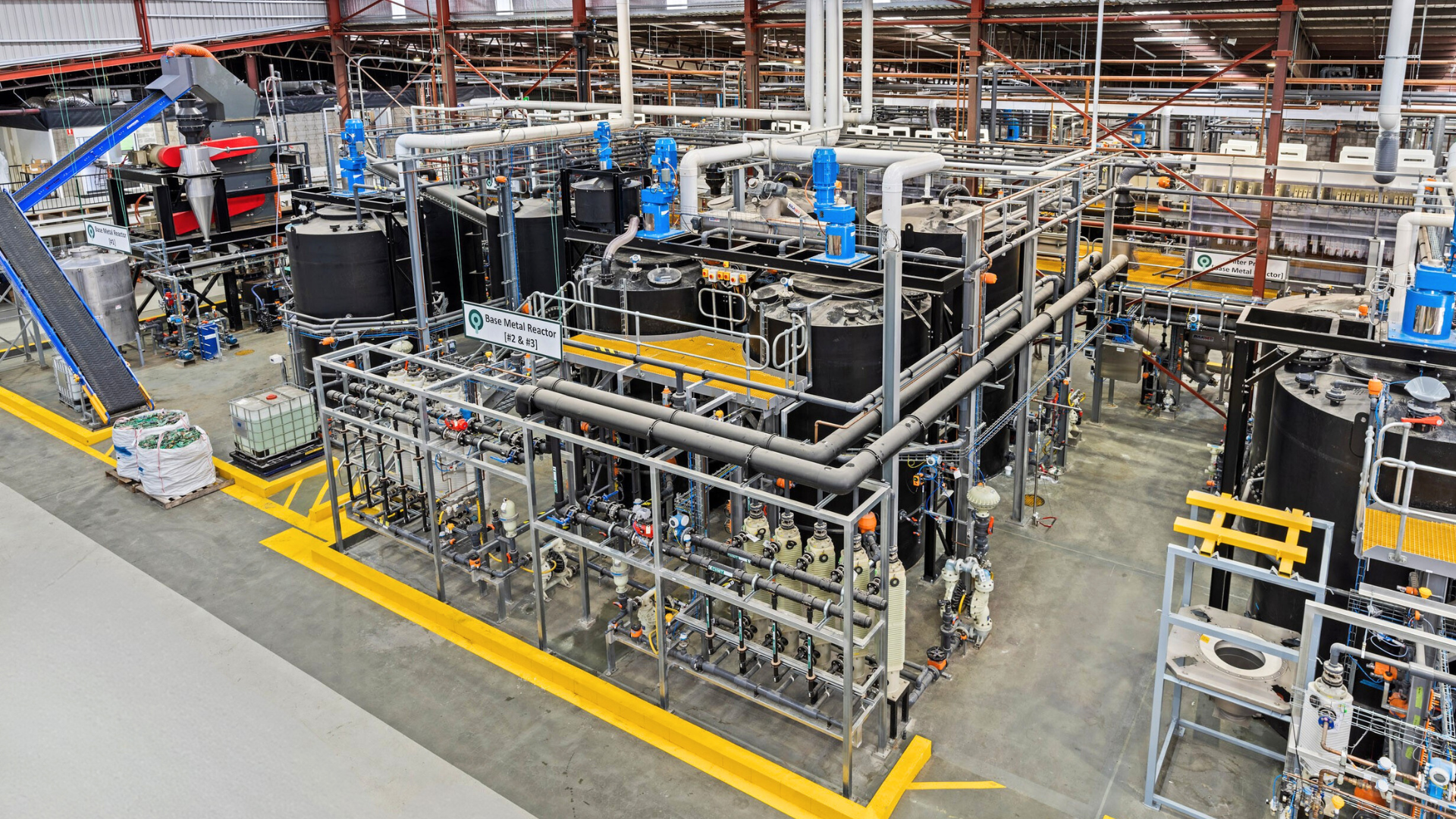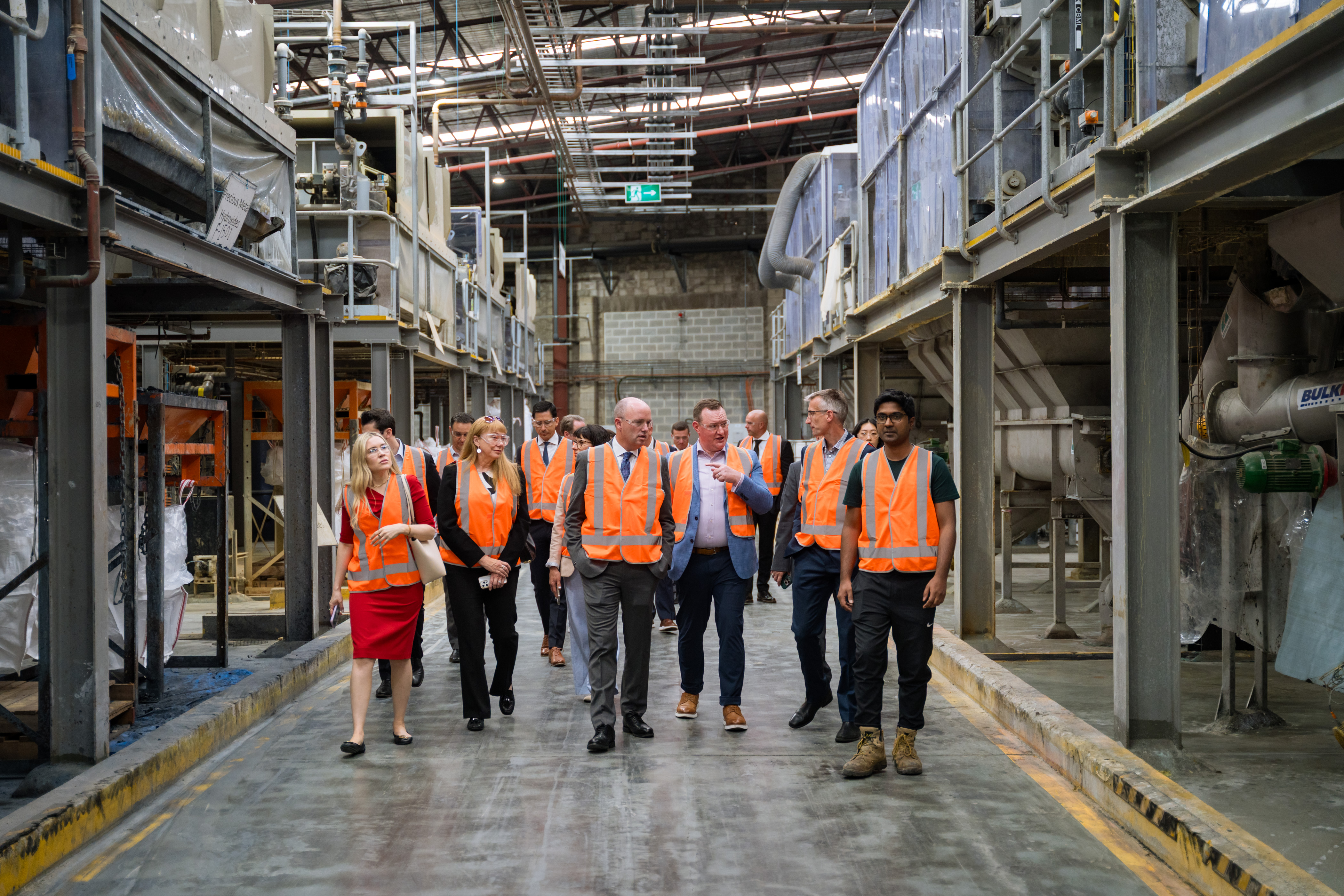Building a resilient circular battery supply
We're securing sustainable supplies of lithium, cobalt and nickel essential for next generation electric vehicle (EV) battery manufacturing.
.png)
Our future relies on circular critical metals
EV industry is driving demand
The rapid expansion of the electric vehicle (EV) industry is driving global demand for critical metals like lithium, cobalt, and nickel.
Existing processes are inefficient and unsustainable
Current processes to recover battery metals are energy-intensive, producing high amounts of carbon emissions and often involve unethical labour conditions.
Limited onshore recycling solutions
Majority of black mass from lithium-ion batteries, which contains the critical metals and graphite, is exported for processing into battery-grade materials, losing critical metals and economic value offshore.
%20(1300%20x%201080%20px).png)
%20(1500%20x%201080%20px).png)
Demonstration facility operational in the UK by 2027
Mint Innovation is collaborating with industry partners Jaguar Land Rover (JLR), LiBatt Recycling, a subsidiary company of Recyclus Group and WMG of the University of Warwick to lead Project Comet. The goal of the project is to deliver a robust circular commercial solution to strengthen the battery manufacturing supply chain for the UK automotive industry.
Mint is constructing a demonstration facility to deploy our proprietary black mass refining technology to produce lithium, nickel and cobalt - metals critical in the production of EVs. The facility is planned to be operational in 2027.
Our hydrometallurgy process efficiently recovers value from black mass
What is black mass?
Black mass is a fine, powdery material that remains after lithium-ion batteries are shredded, and structural components and other materials are separated.
Mint processes this material to recover critical metals including lithium, cobalt and nickel to be reused in the battery supply chain.
Technology future-proofing the UK automotive industry
01
Battery-grade metal salts
Produces battery-grade nickel, cobalt, and lithium salts ready to be inputs into the manufacturing of new batteries.
02
Efficient process
Unlike existing solutions to recycle lithium-ion batteries, Mint's process can recover lithium and graphite.
03
Eliminates waste
Low-value outputs including metal oxides can be used in the local construction industry or refined externally.
04
Lower carbon
Reducing greenhouse emissions by 50-80% compared to current mining practices.
Let's build a better future, together


.png)






.jpg)




